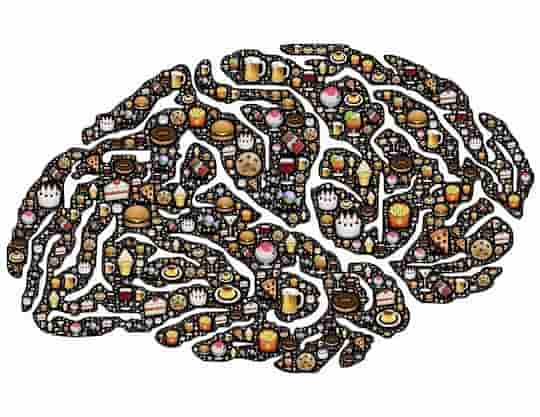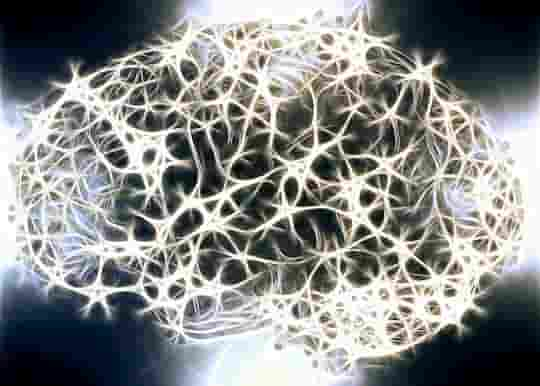Prediabetes can be reversed by eating a healthy, well-balanced diet, being active and by maintaining a healthy weight.
People with high blood sugar levels are at markedly increased risk of dementia and poor brain health, research finds.
Having higher blood sugar levels than normal is known as prediabetes and puts people at higher risk of developing diabetes.
Symptoms of high blood sugar can include:
- tiredness,
- frequent urination,
- blurred vision,
- stomach pain
- and recurrent infections.
However, sometimes people with elevated blood sugar levels get no symptoms.
Prediabetes can be reversed by eating a healthy, well-balanced diet, being active and by maintaining a healthy weight.
The study included over half-a-million people who were tracked over around four years.
Researchers found that people with elevated blood sugar levels were at a 54 percent higher risk of vascular dementia and a 42 percent higher risk of cognitive decline.
The increases in risk for cognitive decline was similar to those seen for full-blown diabetes, suggesting that high blood sugar is damaging the brain.
Brain scans revealed that high blood sugar was linked to a smaller hippocampus, a brain structure important for memory.
Elevated blood sugar was also linked to more damage to the brain’s white matter, which is important for information flow around the brain.
Dr Victoria Garfield, the study’s first author, said:
“Our research shows a possible link between higher blood sugar levels — a state often described as ‘prediabetes’ — and higher risks of cognitive decline and vascular dementia.
As an observational study, it cannot prove higher blood sugar levels cause worsening brain health.
However, we believe there is a potential connection that needs to be investigated further.
Previous research has found a link between poorer cognitive outcomes and diabetes but our study is the first to investigate how having blood sugar levels that are relatively high — but do not yet constitute diabetes — may affect our brain health.”
The people in the study’s average age was 58, which is relatively low for dementia and cognitive decline, explained Professor Nishi Chaturvedi, study co-author:
“In this relatively young age group, the risks of cognitive decline and of dementia are very low; the excess risks we observe in relation to elevated blood sugar only modestly increase the absolute rates of ill health.
Seeing whether these effects persist as people get older, and where absolute rates of disease get higher, will be important.”
The study was published in the journal Diabetes, Obesity and Metabolism (Garfield et al., 2021).









